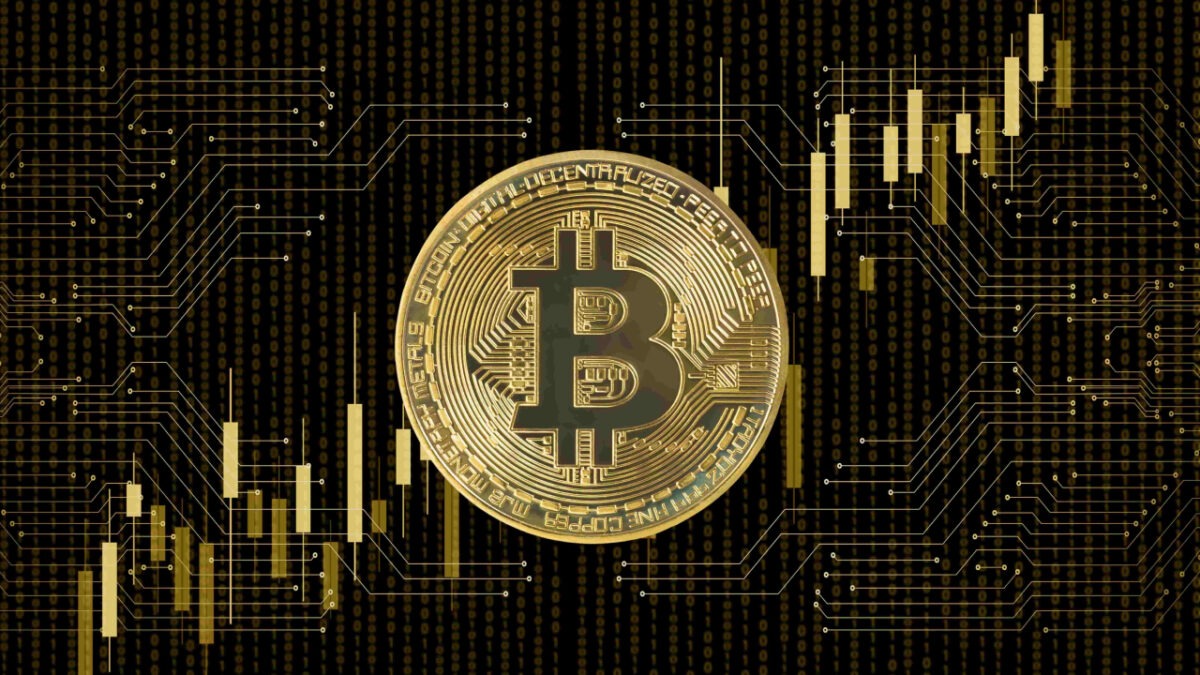Despite official opposition and statewide cryptocurrency bans, digital currency use is at an all-time high worldwide, and Morocco is no exception.
According to Triple, a cryptocurrency research platform, Morocco had the largest Bitcoin trading among North African countries in 2021, with cryptocurrency ownership reaching 2.4 percent of the population. In Africa, it is the fourth-largest cryptocurrency trader, behind Nigeria, South Africa, and Kenya, with $6 million in cryptocurrency trading in 2021.
Morocco’s cryptocurrency ownership hit an all-time high of $2.18 million in 2020, unaffected by the COVID-induced economic catastrophe.
Despite Morocco’s ban on cryptocurrency, Bitcoin purchases are on the rise, with peer-to-peer trade on LocalBitcoins, a trading platform, reaching new highs in February 2021.
During the month of February, Moroccans transacted about $900,000 in bitcoin. Through a base effect, bitcoin adoption is gaining traction, with a 30 percent year-over-year growth in registration on the LocalBitcoins trading site.
According to experts, the surge in peer-to-peer crypto trading is fueled by both curiosity and FOMO (Fear Of Missing Out). While some traders profit from the soaring speculative value of digital currencies, others see cryptocurrencies as a way to trade without going through a bank.
In 2017, Morocco’s Exchange Office, the country’s foreign exchange regulator, outlawed cryptocurrency trading, citing its distrust about the technology. The Moroccan Central Bank, BAM, has since reported that its board of directors was debating the economic benefits of cryptocurrency adoption.
Governments all across the world are increasingly looking at the advantages of deploying blockchain-backed cryptocurrencies, with countries like Ecuador having previously done so.
Individuals and governments will continue to be concerned about the intractability of digital currencies and their widespread usage in cybercrime in the foreseeable future.
